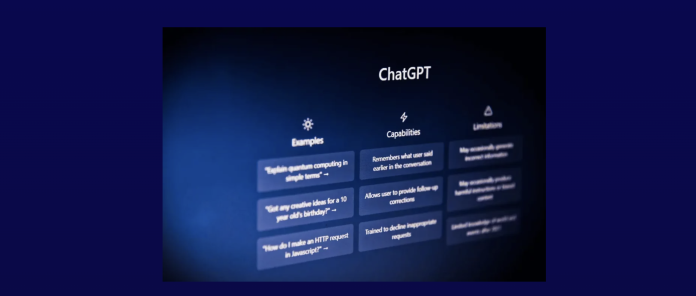Italy recently banned the use of ChatGPT, an artificial intelligence chatbot, leading France, Ireland and Germany to discuss taking similar measures to protect privacy.
ChatGPT, developed by OpenAI, has become known for its ability to generate essays, poems, and dialogues from short prompts. However, Italian regulators said that this tool does not have a proper legal basis for collecting mass data, and also questioned the methods of information processing. As a result, European authorities, including France, Ireland and Germany, turned to their Italian counterparts to develop a common position on ChatGPT. In addition, Canadian data regulators have also launched an investigation into OpenAI.
France’s response
CNIL, France’s powerful data regulator, has received two complaints regarding ChatGPT. The first complaint came from a campaign group called Janus International, while the second was filed by a developer named David Libo. Zoe Vilain of Janus International’s stated that ChatGPT did not ask for her consent when registering for the account. Libo also claimed that when using ChatGPT to get information about himself, the tool gave out completely false stories. At present, the CNIL has not announced the launch of a full investigation, but it should be noted that this data regulator is one of the most influential in Europe.
Problems in Ireland and Germany
It’s also worth noting that data regulators in Ireland and Germany have reached out to their Italian counterparts to better understand the impact of ChatGPT. They, like the CNIL, express concerns about potential breaches of confidentiality and seek to form a common position on this tool. This indicates that the concerns surrounding the use of ChatGPT and its impact on data privacy are attracting attention not only in France, but also in other European countries such as Ireland and Germany.
How ChatGPT Works
ChatGPT is an artificial intelligence chatbot that can generate conversations, essays, and poems based on short prompts. This tool is trained on a large amount of textual data collected from the Internet to mimic human responses. It is able to adapt to different styles and genres, including technical, humorous or formal. This allows ChatGPT to generate texts that match the required context and style, depending on the hints and directions provided.
ChatGPT has received negative reviews due to its “hallucinations” or tendency to come up with answers. OpenAI claims that this issue is less common in GPT-4, the latest version of this tool.
Growing concerns about AI regulation. Canadian OpenAI investigation
OpenAI is facing investigation by a Canadian data regulator following a ban on ChatGPT in Italy. The Canadian Authority is likely concerned about the lack of legislation and adequate privacy protections in the use of artificial intelligence tools.
There are calls to stop the development of powerful artificial intelligence systems
Last month, hundreds of experts, including Tesla CEO Elon Musk, called for a halt to the development of powerful artificial intelligence systems. The appearance of GPT-4 was one of the reasons for this call. The proposed moratorium includes a ban on the development of artificial intelligence language models that are superior to OpenAI GPT-4.
While AI technology offers many benefits, it also raises concerns about privacy, data protection, and possible misuse of powerful systems. Regulators and industry players must work together to develop an ethical and transparent framework for artificial intelligence that will allow us to continue to develop it.
Don’t forget to subscribe to our Telegram channel!










